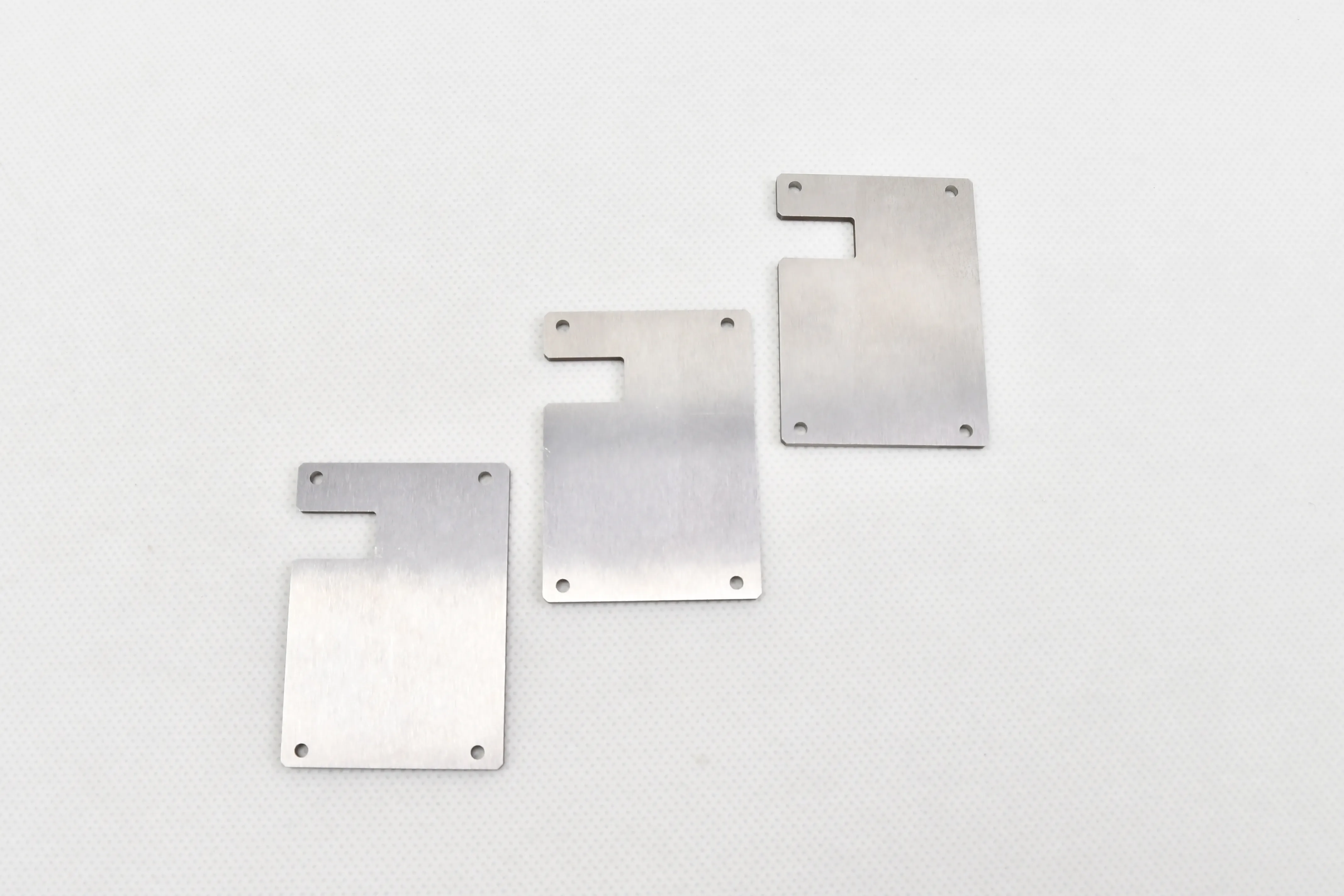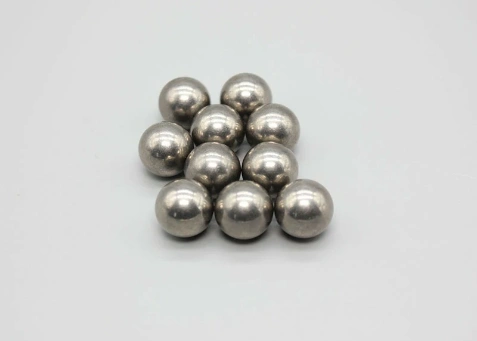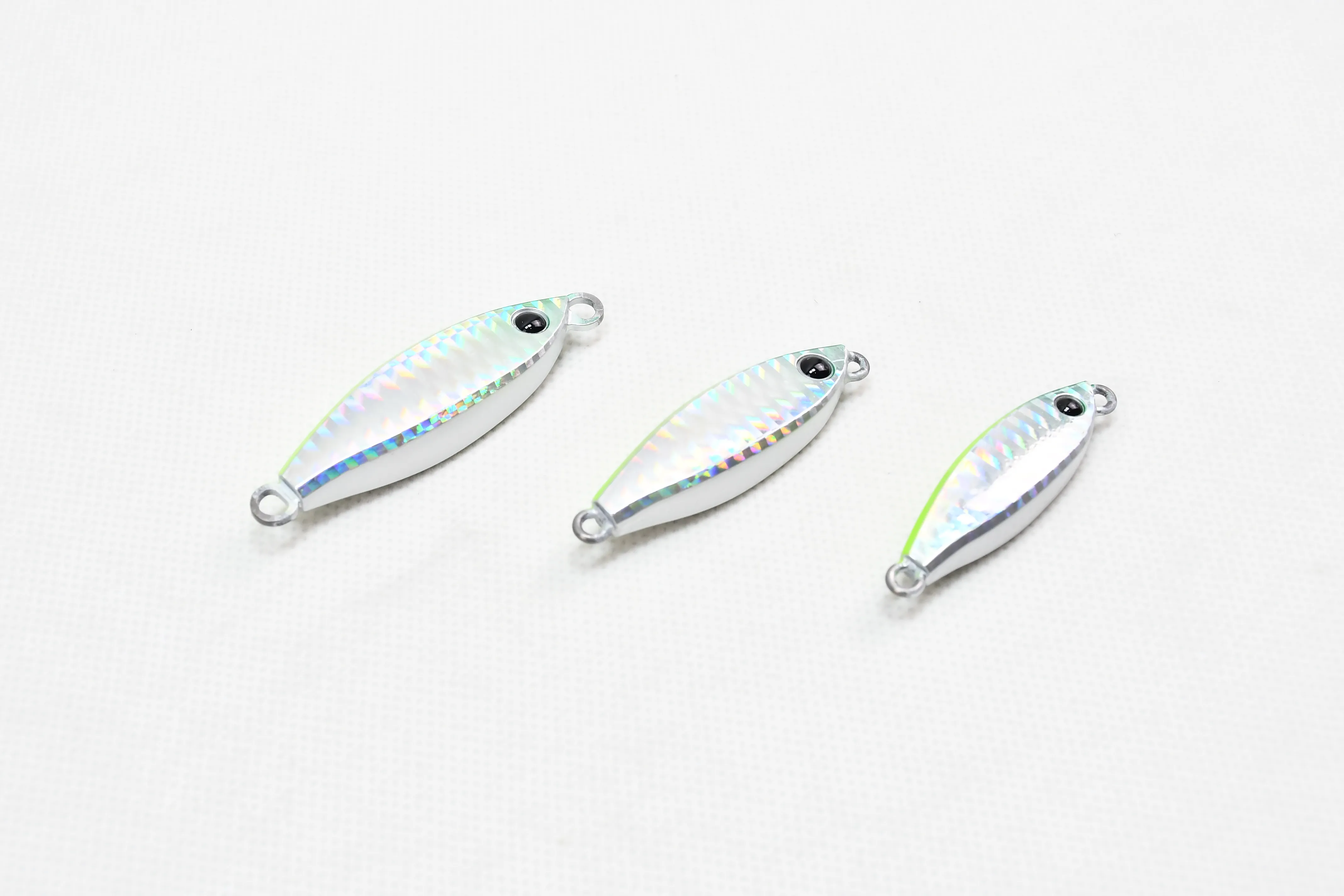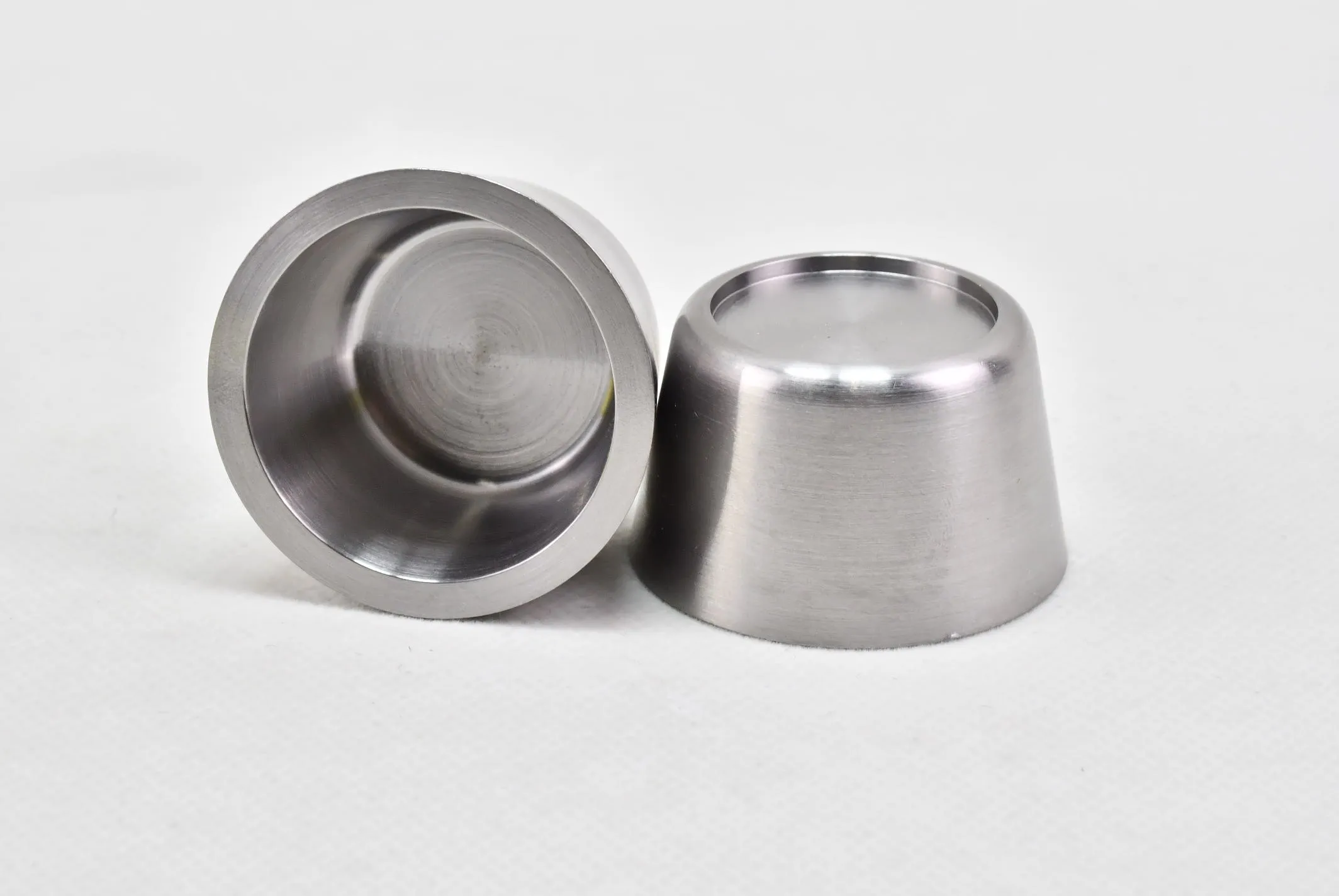Why is Tungsten Alloy Shielding Needed in the Medical Field?
In the medical field, radiation is commonly used for diagnostic and therapeutic purposes. However, exposure to radiation poses potential health risks to medical professionals and patients. To mitigate these risks, tungsten alloy shielding plays a crucial role in providing effective radiation protection. Compared to traditional shielding materials like lead, tungsten alloys offer superior density, durability, and safety. This article explores why tungsten shielding is essential in medical applications, with a special focus on tungsten shields for syringes and other radiation protection solutions.
Tungsten alloys are widely used in the medical field due to their excellent radiation attenuation properties. Their high density (approximately 19.3 g/cm³) makes them one of the most effective materials for blocking harmful radiation, such as X-rays and gamma rays. In comparison to lead, tungsten alloy shielding provides better protection with a smaller thickness, making it ideal for medical equipment and personal protective applications.
Medical imaging techniques such as X-rays, CT scans, and fluoroscopy involve exposure to ionizing radiation. Healthcare professionals working in radiology departments require effective radiation shielding to minimize long-term exposure. Tungsten alloy shielding is commonly used in:
- X-ray room barriers
- CT scan shielding
- Protective aprons and gloves
Due to its high density and non-toxic properties, tungsten alloy is a preferred choice over lead, which poses environmental and health risks.
In nuclear medicine, radiopharmaceuticals are used for diagnostic imaging and treatment. These radioactive drugs are often administered using syringes, exposing medical staff to potential radiation hazards. Tungsten shields for syringes (Product Link) are designed to reduce exposure by shielding the syringe barrel and needle, effectively containing radiation.
Advantages of tungsten syringe shields include:
- High radiation attenuation to protect medical personnel
- Compact design for easy handling during injections
- Durability for long-term use in hospital and laboratory settings
By incorporating tungsten shielding in syringe applications, healthcare workers can safely handle radiopharmaceuticals with minimal radiation exposure.
Cancer treatments such as radiation therapy require precise targeting of cancerous tissues while minimizing damage to healthy cells. Tungsten shielding is used in collimators, multi-leaf collimators (MLCs), and linear accelerators to shape and control radiation beams accurately. Compared to lead shielding, tungsten offers greater precision and effectiveness, ensuring improved patient safety during treatment.
Unlike lead, which is toxic and environmentally hazardous, tungsten alloys are eco-friendly and safe for human exposure. Lead shielding requires strict disposal regulations due to its toxicity, whereas tungsten alloy shielding provides a safer alternative with no harmful effects. This makes tungsten an ideal choice for hospitals and medical facilities aiming to reduce environmental impact.
Tungsten alloy shielding is indispensable in the medical field due to its superior radiation protection, compact design, and environmental benefits. From medical imaging to radiation therapy and tungsten syringe shields (Product Link), tungsten provides essential shielding solutions that enhance safety for both patients and healthcare professionals. As medical technology advances, the demand for radiation shielding solutions like tungsten alloys will continue to grow, ensuring a safer and more efficient healthcare environment.

 EN
EN AR
AR FR
FR DE
DE HI
HI IT
IT JA
JA KO
KO PT
PT RU
RU ES
ES ID
ID LV
LV VI
VI HU
HU MS
MS GA
GA BE
BE YI
YI EU
EU


